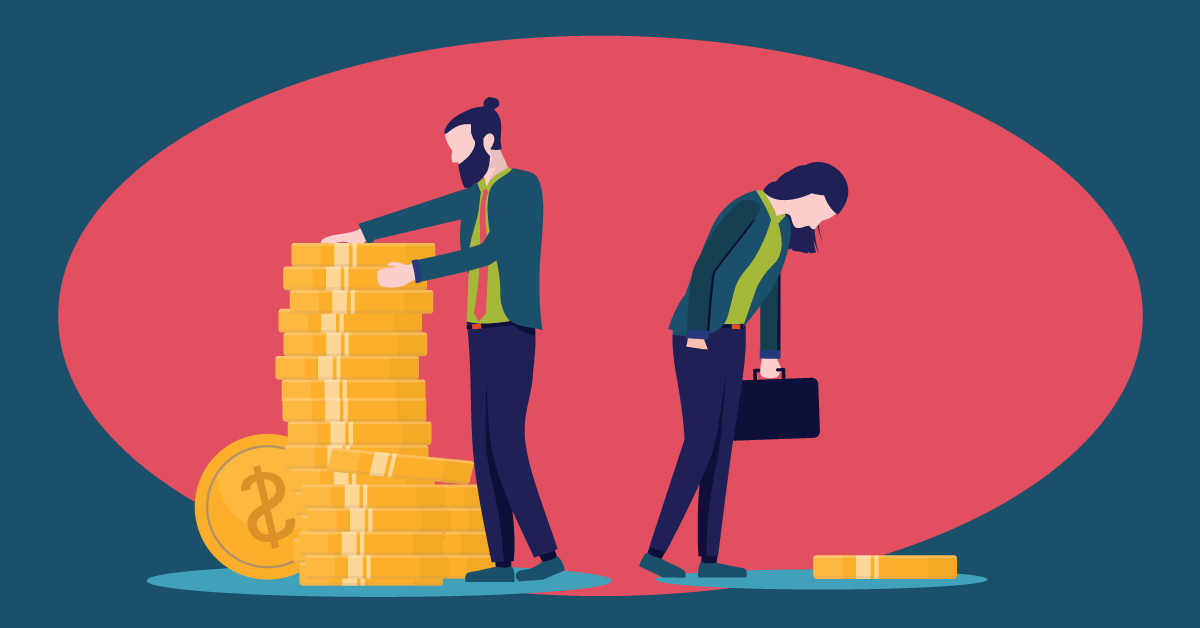Saving money isn’t about always chasing the lowest price it’s about spending in a way that actually improves your life. Sure, a $20 impulse buy might look like a win at first, but when it falls apart in a few months, that packaging-trash moment turns into cash loss.
The smarter move?
Learn when quality matters and when it doesn’t so your wallet and your sanity both come out winning. The key is learning when to save, when to invest, and how to spend in a way that actually improves your life.
The False Economy of “Cheap”
We’ve all fallen for it budget shoes, bargain blenders, bargain “just because it’s on sale.” Looks like a score until it doesn’t. Because cheap usually comes with catch: inferior materials, shoddy craftsmanship, or far-too-quick obsolescence. That $20 pair of shoes you're wearing today? They may cost you two or three times over in replacements before winter thaws. That $70 pair built to last? You’ll forget it exists, because good gear quietly just works.
It’s the same story with cheap furniture, discount tech, or even one-hit-wonder promotional items. What looks like win turns into rerun expenses. Quality isn’t about vanity it’s about durability, comfort, fewer headaches, and keeping a lid on repeat spending.

Not everything in life has to be top-shelf. Generic pantry staples taste just like the name-brand versions, and no one’s checking the label on your bag of rice. Trendy clothes you’ll only wear a few times are another safe spot to cut corners. Everyday basics like cleaning supplies or paper goods? Go ahead and grab the cheaper option you won’t notice a difference. These are the places where saving small consistently really does add up.
Where Quality Actually Saves You Money
Then there are the things you use every single day. A good mattress, for example, is worth every dollar not just because it lasts for years but because better sleep affects literally everything else in your life. The same goes for durable shoes, a solid laptop, or a reliable winter coat. When you invest in quality, you’re not just buying a product, you’re buying fewer headaches, less stress, and more comfort over time. It’s the classic “buy once, cry once” situation.

The real danger of chasing “cheap” shows up in areas tied to your well-being. Food that skimps on quality often skimps on nutrition too, and bargain skincare or supplements can do more harm than good. Safety gear, kids’ products, or anything that affects your health is the last place to settle for the lowest bidder. Cutting costs here is rarely worth the risk.
The Smarter Way to Spend
So if “cheaper” isn’t the answer, what is? Think about value instead of price. If you use it every day, invest. If you barely notice it, save. A solid jacket that lasts five winters beats replacing a flimsy one every year. A decent set of kitchen knives saves you from constantly buying dull replacements. And sometimes, the best money move isn’t about saving at all it’s about buying the right thing once and letting it serve you for years.
If “cheap” isn’t the goal, what is? Value. Think: "where will I get the most utility, comfort, or benefit for the least hassle and longest return?"
Ask yourself: Do I use this every single day?; Will it hold up when I actually need it?; If I invest now, will I avoid buying it again soon?
That old jacket? Maybe it’s better than replacing fast fashion every season. Those kitchen knives? One set that stays sharp is better than constantly dulling your cooking experience.
Sometimes spending more once is cheaper than paying a bunch for low value over and over.
How to Shop Smart, Not Just Cheap
Flip your filter. Instead of hunting “cheap,” search “durable,” “long-lasting,” or “best value.” Check reviews like they’re life advice. People who’ve lived with the product tell all look for feedback about longevity, care, and whether it stayed useful.
Lean into guarantees. A warranty or solid return policy means they believe in what they’re selling and you won’t be stuck with a dud.
Think long-term. If the math looks like “cheap now, expensive later,” step back and weigh whether quality would cost less in the long run.

More Than Just SavingSlowing Down
Saving money isn’t supposed to feel like deprivation, and it definitely isn’t about grabbing the cheapest option every time. It’s about being intentional with where your money goes. Cut back where quality doesn’t matter, invest where it does, and focus on purchases that actually improve your life. That’s how you save smarter, spend wiser, and avoid the endless cycle of “cheap now, expensive later.”
So yes, you can still shop sales, support small brands, and find bargains. Just do it with purpose. Let your wallet serve your lifestyle because spending isn’t just an action, it’s a reflection of how you value time, quality, and peace of mind.
The real shift happens when you stop asking “How can I spend less?” and start asking “How can I spend better?” That’s the mindset that transforms finances from a source of stress into a source of freedom. When every purchase aligns with your needs, values, and long-term goals, you’re no longer stuck in a cycle of replacing and regretting. Instead, you’re building a life that feels steady, secure, and intentional.
And here’s the thing: money management isn’t about perfection it’s about progress. You’ll still buy things that don’t last. You’ll still get tempted by a bargain. But if most of your choices shift toward value and durability, the compounding effect is huge. That’s where savings build, confidence grows, and financial peace stops feeling like some distant dream.
At the end of the day, buying smarter isn’t just about protecting your wallet it’s about protecting your future self. And that’s worth more than any quick “deal” ever could be.
